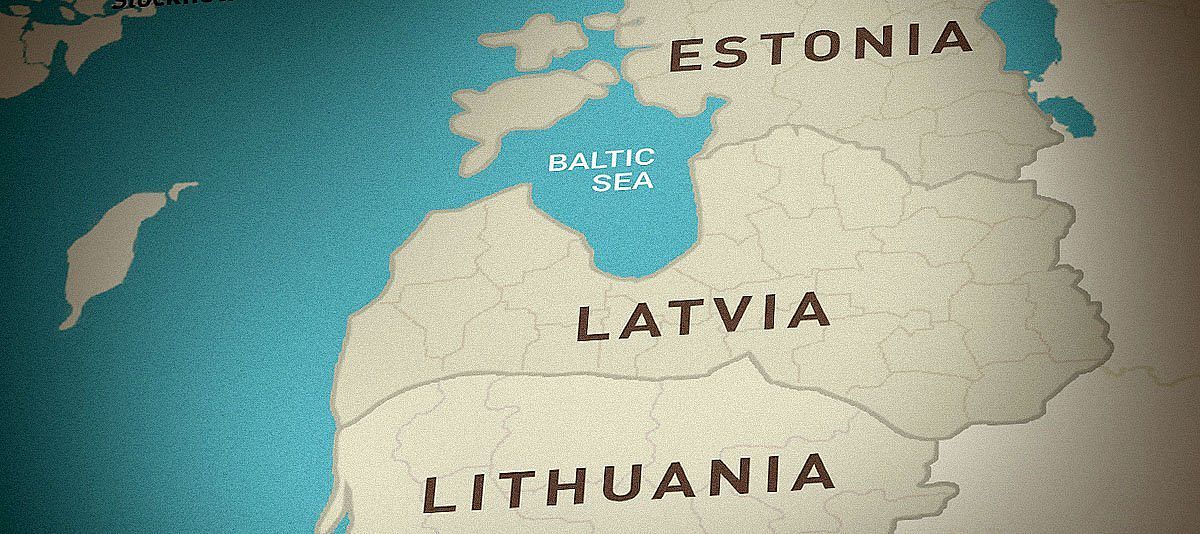Brent crude prices rose above $60 a barrel in early February, the 1st time they had exceeded pre-Covid-19 values.
They have since continued to rise, going above $66 a barrel on February 24.
This increase in oil prices, which soared by 75% from November and by around 26% since the beginning of the year, marks a dramatic change from last year.
In the wake of the Saudi-Russia price war in early 2020, Brent crude prices fell from around $60 a barrel in February that year to 2-decade lows of $20 a barrel in late April, as supply increased and demand plummeted.
While global demand for oil remains low, one factor credited with reversing the trend is the decision to make significant cuts to oil production, which subsequently tightened global supplies.
The 23-nation group, known as OPEC+, decided to scale back the cuts to 7.7m bpd in August, before announcing in early December that they would increase production by 500,000 bpd as of January 2021.
Concerned that the most recent decision could have led to excess oil in the market, Saudi Arabia announced that it would cut an additional 1m barrels daily between January and the end of March.
Another factor seen to be supporting the increase in oil prices is the improving economic outlook.
With the global rollout of various Covid-19 vaccines, it is hoped that the world will return to a degree of normality in 2021 in terms of travel and consumption, an outcome that would further spur demand.In an annual outlook released in mid-February, OPEC forecast full-year oil demand to increase by 5.8m bpd compared to 2020 levels, driven partly by an improving global economic climate and significant stimulus measures from governments around the world.
As for the value of oil moving forward, in late January, the IMF forecast oil prices would average $50 a barrel this year, above the 2020 average of $41.30.
However, the continued rise of prices over the 1st 2 months of the year has led to some more bullish estimates:
-
with Dutch multinational banking firm ING predicting average annual prices of $65 per barrel
-
while investment bank Goldman Sachs has forecast Brent prices will rise as high as $75 a barrel in the Q3 of the year, $10 higher than earlier estimates








